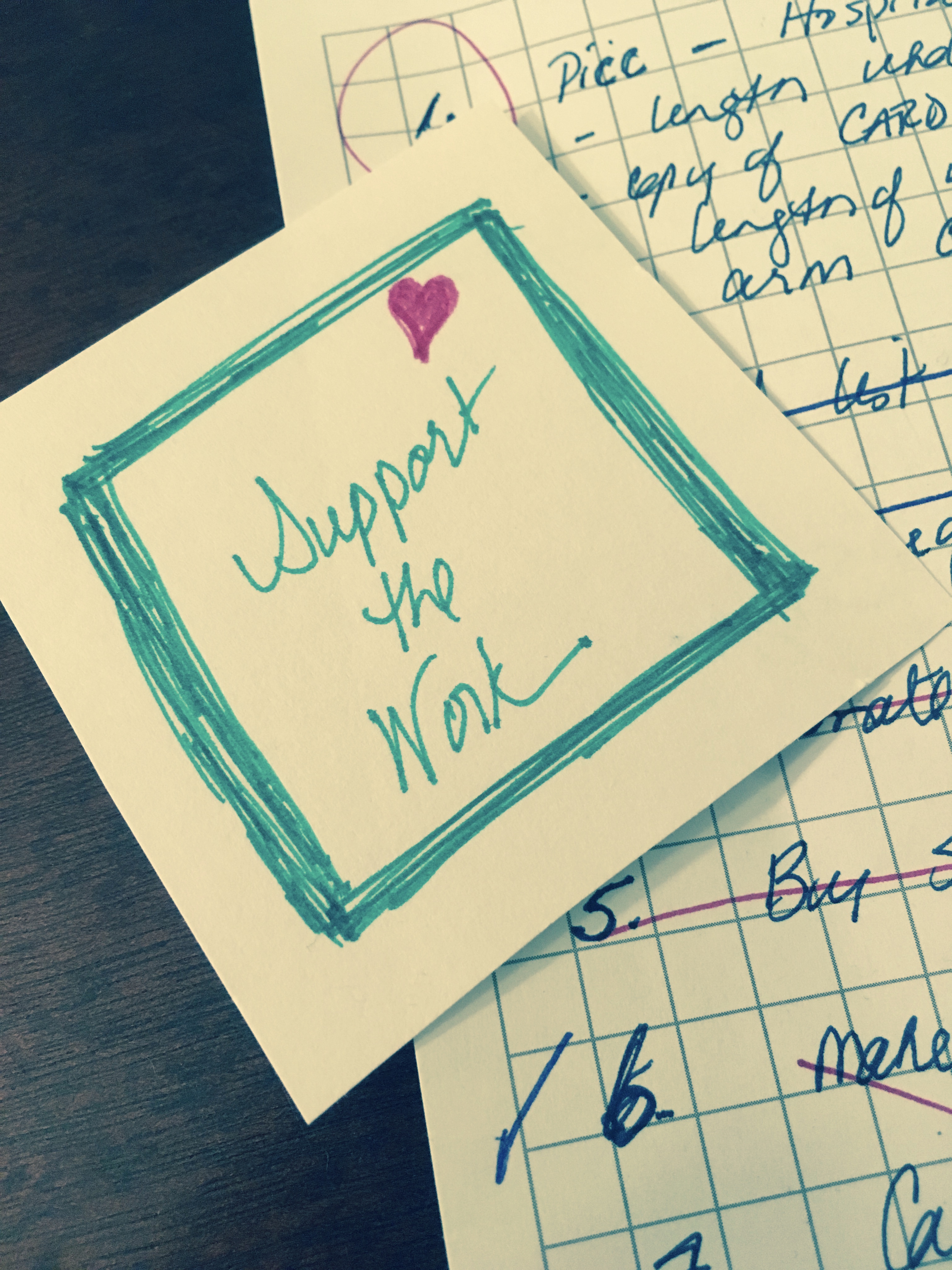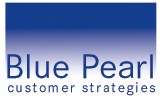GLUTEN-FREE COFFEE? When SMALLER IS BETTER.
 Sunday, September 1, 2013 at 10:19PM
Sunday, September 1, 2013 at 10:19PM  Elisabeth Veltman, The Tender Foodie tagged
Elisabeth Veltman, The Tender Foodie tagged  gluten-free coffee,
gluten-free coffee,  gluten-free coffee syrup,
gluten-free coffee syrup,  roasting coffee beans,
roasting coffee beans,  small coffee farmers
small coffee farmers  Email Article
Email Article  Print Article in
Print Article in  Buy Local,
Buy Local,  Food Allergy Processing,
Food Allergy Processing,  Restaurant Review
Restaurant Review  Slow drip coffee from Rowsters New American Coffee. Photo by Jeff Hage of Green Frog PhotoBY ELISABETH VELTMAN
Slow drip coffee from Rowsters New American Coffee. Photo by Jeff Hage of Green Frog PhotoBY ELISABETH VELTMAN
Photographs Courtesy of Jeff Hage, Green Frog Photo
You walk in. People are reading, computing, talking, laughing. You smell that indescribable aroma. It makes you happy, more alert. It stimulates your appetite and blood starts rushing to your brain.
You want that first sip so badly that you open your mouth before your hand hits the cup – but wait. Is it gluten-free?
“Is this a serious question?” you ask. It is. For those allergic to wheat, have celiac disease or have gluten sensitivity, it’s like discovering that you don’t have a condom when the pants are already off.
Some coffee contains gluten.
Coffee processing is coming under a new type of scrutiny, because about 25 million are reacting to a protein in gluten called “gliadin”. Some react right away, some 72 hours later. Gluten is found in certain grains like wheat, barley, rye, and triticale. This is particularly important for the growing number of people with celiac disease where even a miniscule particle of gluten can destroy the nutrient absorbing villi in the small intestine.  Justin, of Rowsters New American Coffee, gave me an education on the perfect cup - 204 degree water and a slow pour. Photo by Jeff Hage, Green Frog Photo
Justin, of Rowsters New American Coffee, gave me an education on the perfect cup - 204 degree water and a slow pour. Photo by Jeff Hage, Green Frog Photo
HOW GLUTEN ENTERS YOUR CUP
The gluten hits the beans in two ways. A powder, used by large companies to keep the beans from sticking to conveyor belts during processing, contains gluten. Like flouring your rolling pin while making a piecrust, the powder keeps the oily beans from sticking to the machines. The gluten, however, sticks to the beans. Some companies “de-flour” their machines, but it is unclear who is making these changes and how well they do it.
The second means of gluten penetration is through the flavored syrups on the shelf. Some syrups claim gluten-free status, like Monin, but the safest way is abstinence, or to opt for gluten-free extracts like vanilla or almond, or use real maple syrup!
 A coffee roaster at Rowster. So shiny. Me likey. Photo by Jeff Hage, Green Frog Photo
A coffee roaster at Rowster. So shiny. Me likey. Photo by Jeff Hage, Green Frog Photo
FINDING A SAFE SIP
 The beans come to Rowsters green and are roasted on site. Photo by Jeff Hage of Green Frog Photo.
The beans come to Rowsters green and are roasted on site. Photo by Jeff Hage of Green Frog Photo.
To find the safest beans, I called Equal Exchange and Higher Grounds, made a visit to my local haunts Rowsters, Marie Catrib's and Global Infusion, and corresponded with MadCap. They all said the same thing: Small roasters and farmers do not use this powder because they have no need for it on their smaller machines. Another concern is cross-contamination of gluten at the farm. Small coffee farmers do grow other crops, but the climate for grains like wheat is vastly different than the high altitudes and temperatures needed to grow good beans. This means that the beans on small, artisan farms will very likely NOT be stored, shipped or packaged in facilities that also package gluten.
The closer the shop works with the farmers the more accurate the information, so talk to your shop (and be nice). Plus, these small coffee growers are craftsmen, as are the roasters and shops that work with them. If you buy from a Fair-Trade partner, you support the farmers who need the income, and your cup of Joe will be a cup of heaven.
No condom required. My nearly finished cup of love. Thanks Rowsters! Photo by Jeff Hage of Green Frog Photo.
My nearly finished cup of love. Thanks Rowsters! Photo by Jeff Hage of Green Frog Photo.
Special thanks to Maggie & Jennifer at Higher Grounds for some great info; Justin and Adam at Rowsters New American Coffee for some great coffee and conversation, and Jeff Hage for these great shots.
About Elisabeth
 Writer, owner of Blue Pearl Strategies, and lover of all culinary delights, Elisabeth started The Tender Palate & Tender Foodie, for people with food allergies, sensitivities and intolerance. She believes that everyone should live deliciously and have a healthy seat at the table.
Writer, owner of Blue Pearl Strategies, and lover of all culinary delights, Elisabeth started The Tender Palate & Tender Foodie, for people with food allergies, sensitivities and intolerance. She believes that everyone should live deliciously and have a healthy seat at the table.


Reader Comments (1)